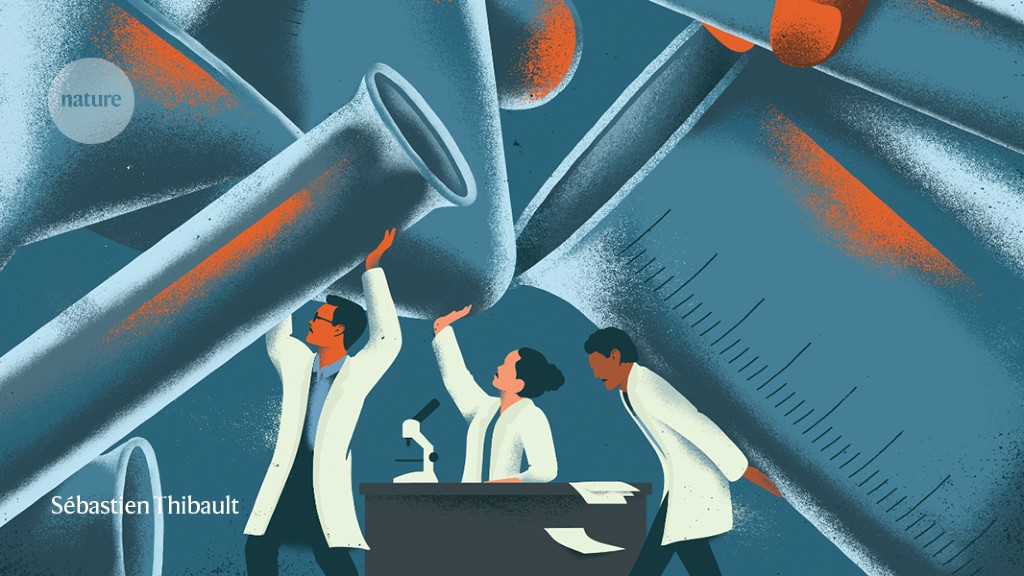Science Creep is a Menace - Washington Examiner
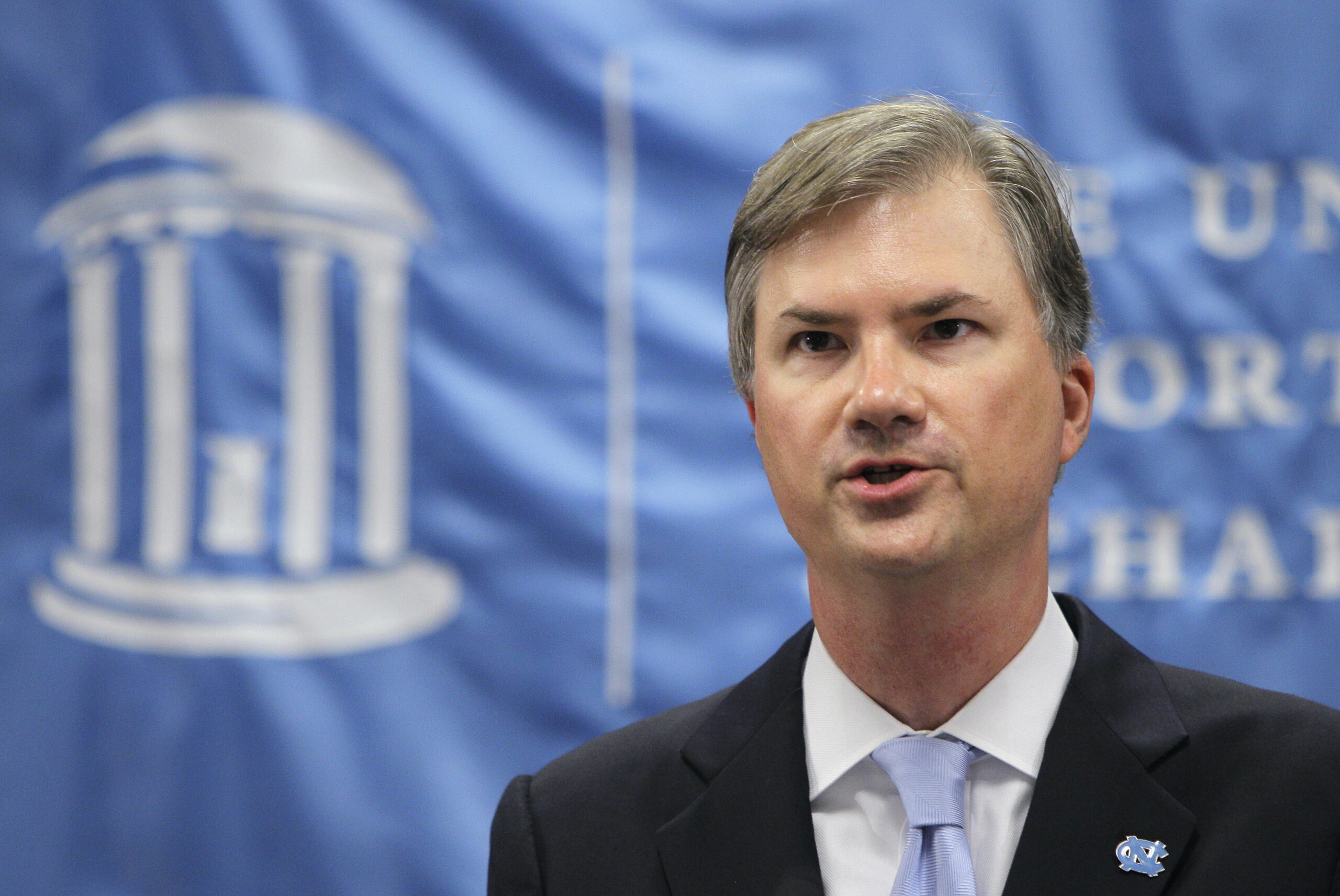
Send us a link


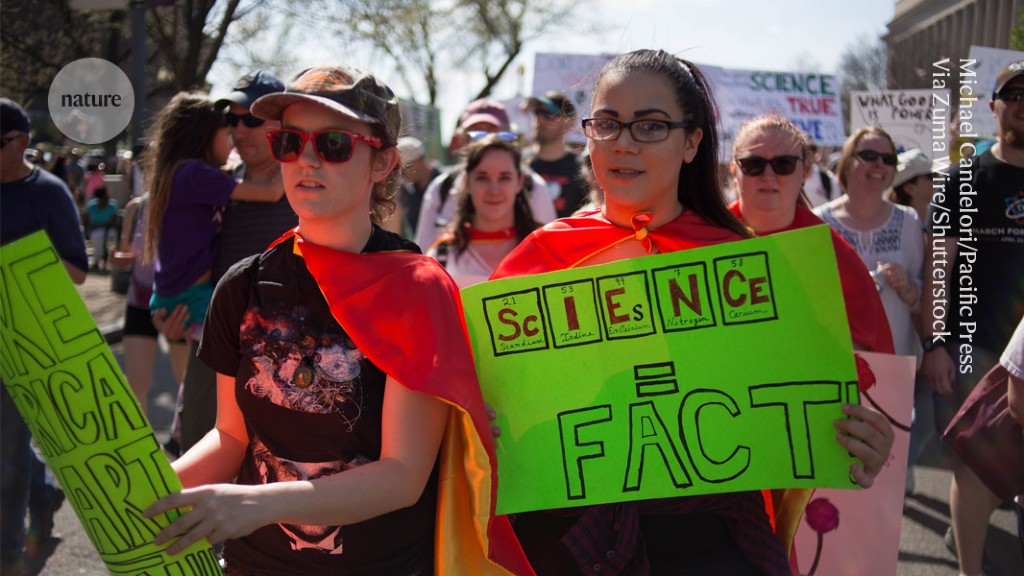
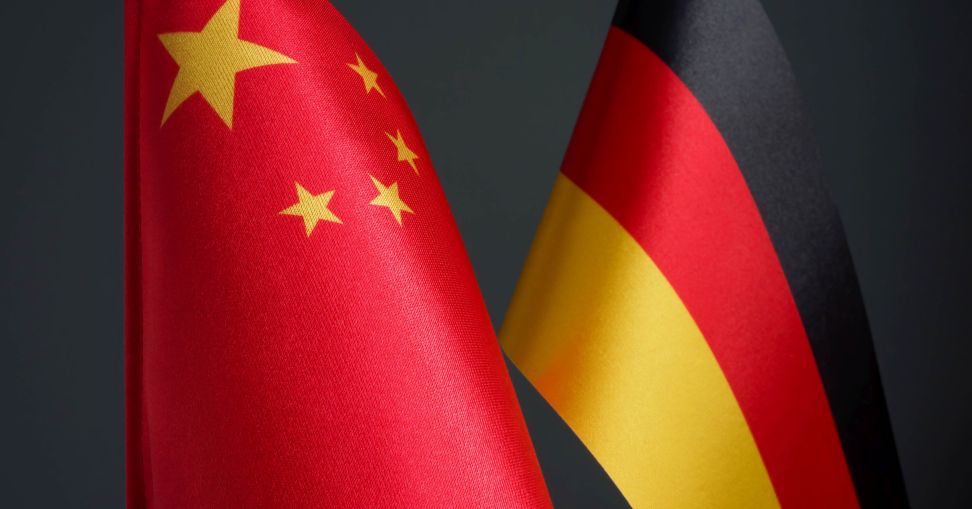
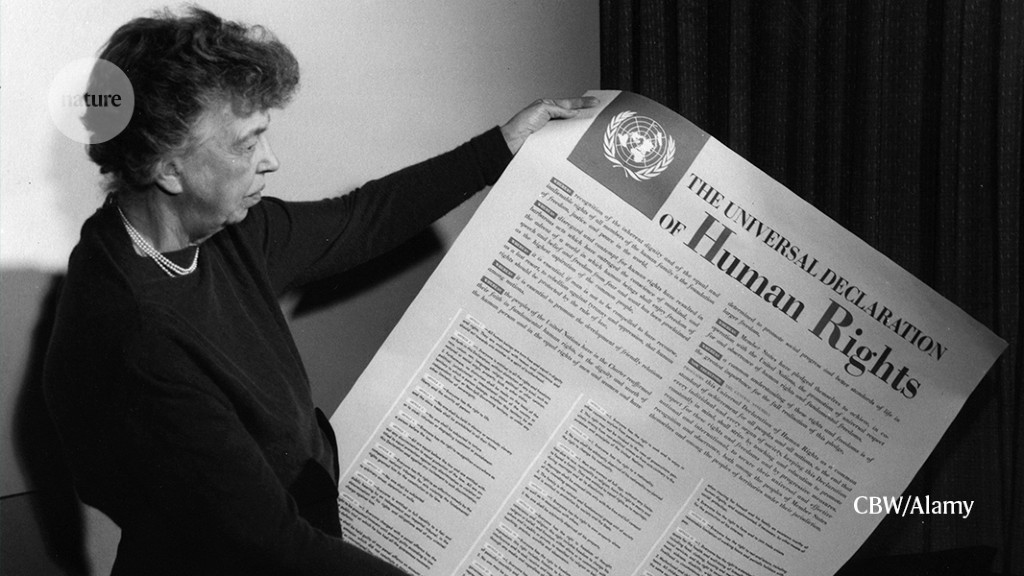
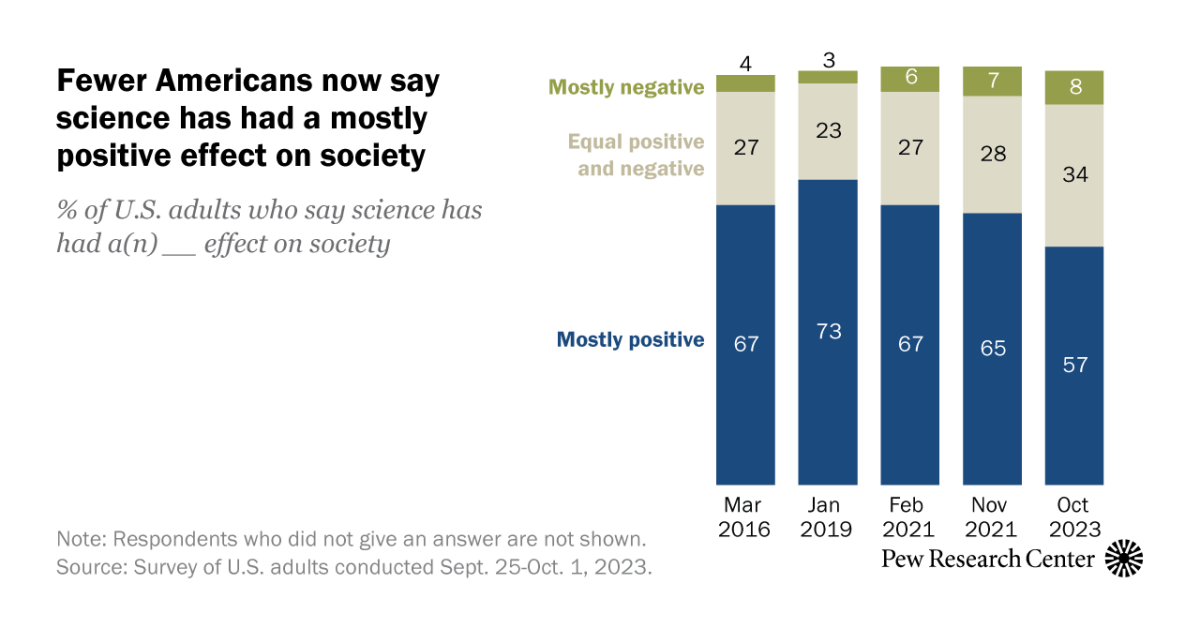
How much do the views of scientists and experts count when it comes to securing public support for traffic restrictions?
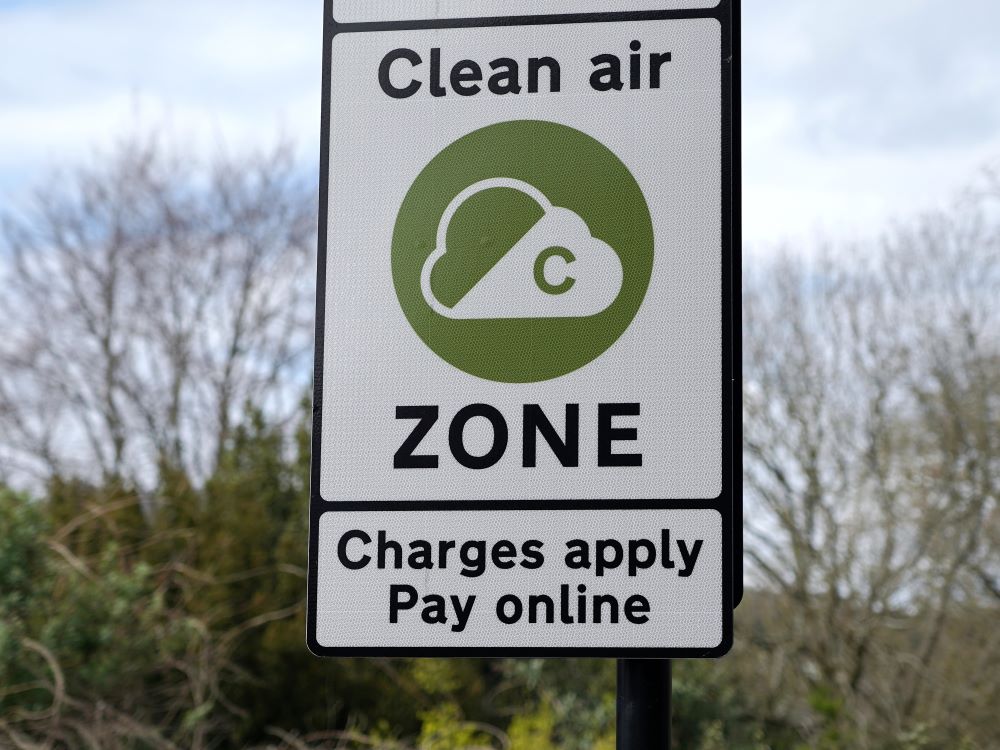
Dr. Mandy Cohen has been on a national tour. The new director of the Centers for Disease Control and Prevention, she aims to rebuild trust in that troubled agency at a moment when Covid-19 cases are rising again and the Biden administration has begun a new vaccine campaign.
Only a very few global actors like Microsoft, Google and Apple may end up dominating the AI market, due to their scale and market power. How this will shape the future of science, the source of AI's power, has only begun to be discussed.
The Manhattan Project is often invoked as a model for mission-driven research projects, such as the search for a Covid-19 vaccine. Daniel P. Gross and Bhaven N. Sampat argue that the broader U.S. approach to mobilising science and technology in World War II, led by the Office of Scientific Research and Development (OSRD), provides a better analogy for some contemporary R&D problems.
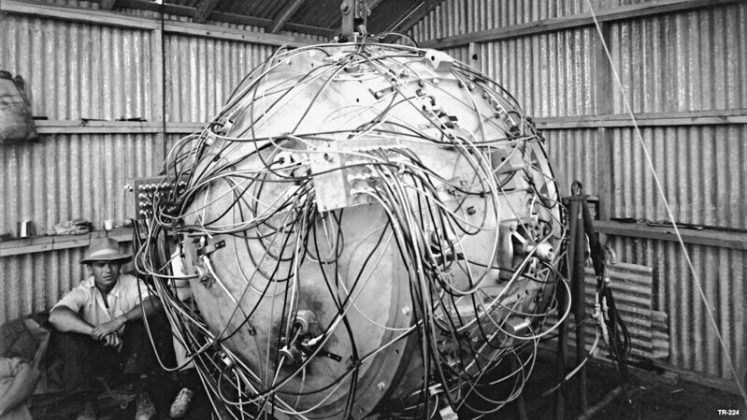
Science misinformation have significant public policy repercussions. Artificial intelligence-based methods of altering videos and photos (deepfakes) lower the barriers to the mass creation and dissemination of realistic, manipulated digital content.
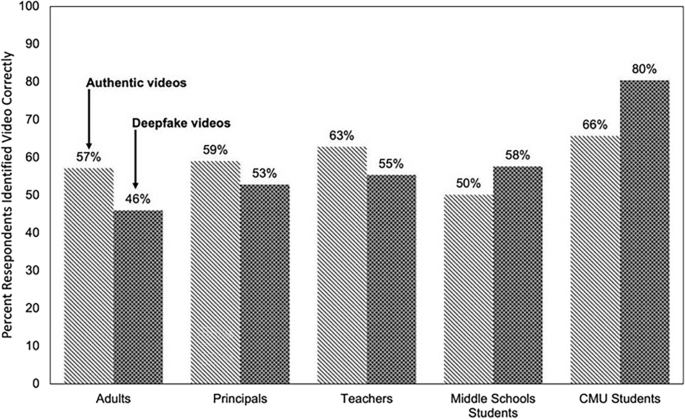
Creativity is critical to the future of work. The Future of Jobs Report 2023 ranked analytical thinking and creative thinking as the first and second most important skills that workers will need to have in the future.


While some worry "wokeist" ideology could corrupt scientific merit, it could be our problematic understanding of the latter that poses an even greater threat to science, two philosophers argue.

Since being laid low with the virus more than a year ago, Catherine Heymans can only operate in half-hour bursts. But her work could still change the way we understand the universe

The current science system is unjust - from the systems that determine its membership to its outputs and outcomes. This article advocates for contextually responsive, collective action to build a more just science system.
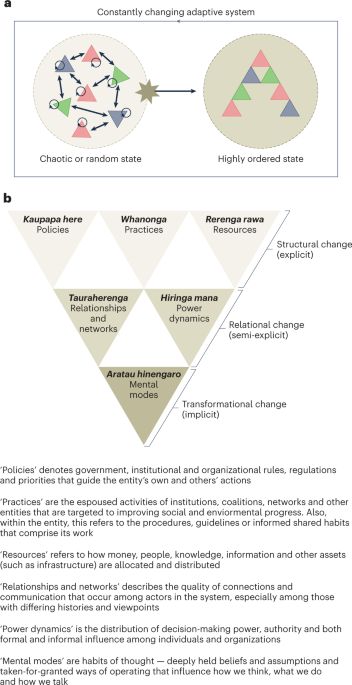
We live in a society where scientific models surround us. They are used for everything from creating weather bulletins and making climate projections to providing economic forecasts and informing policies for public health.
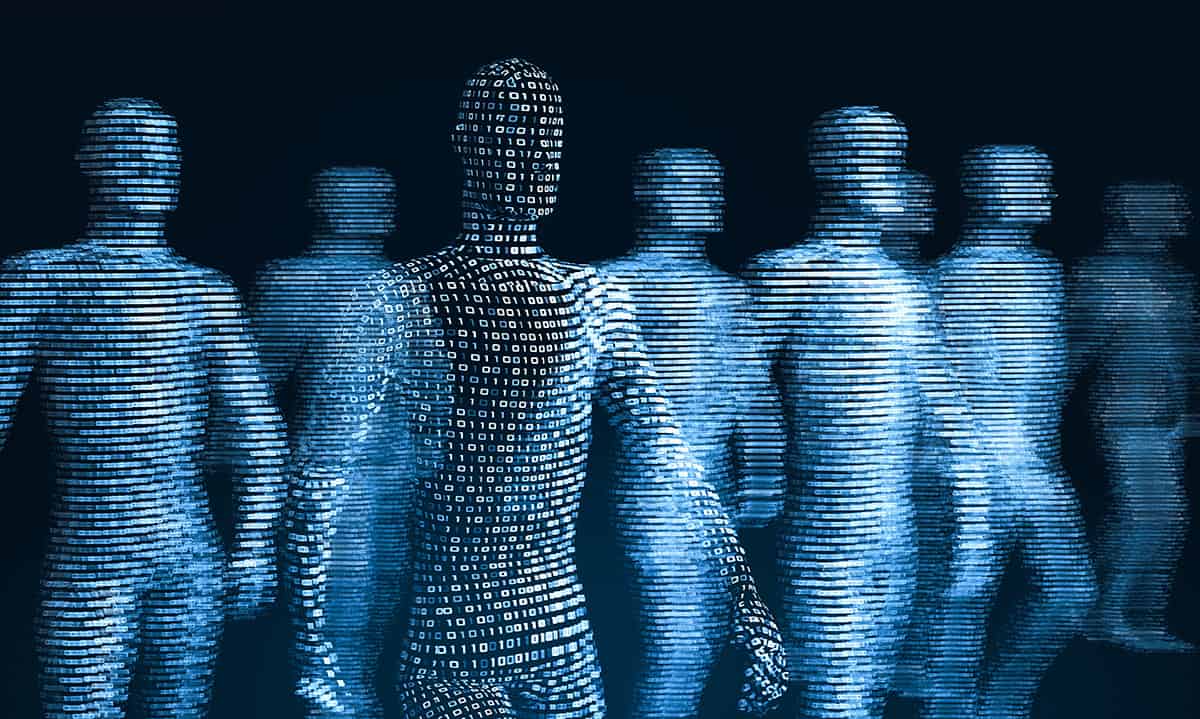
A decade on since their inception, Andy Tattersall considers how academics can make use of altmetrics in ways that go beyond counts and metrics.

There is a mental-health crisis in science at all career stages and across the world. Is toxic research culture to blame?
